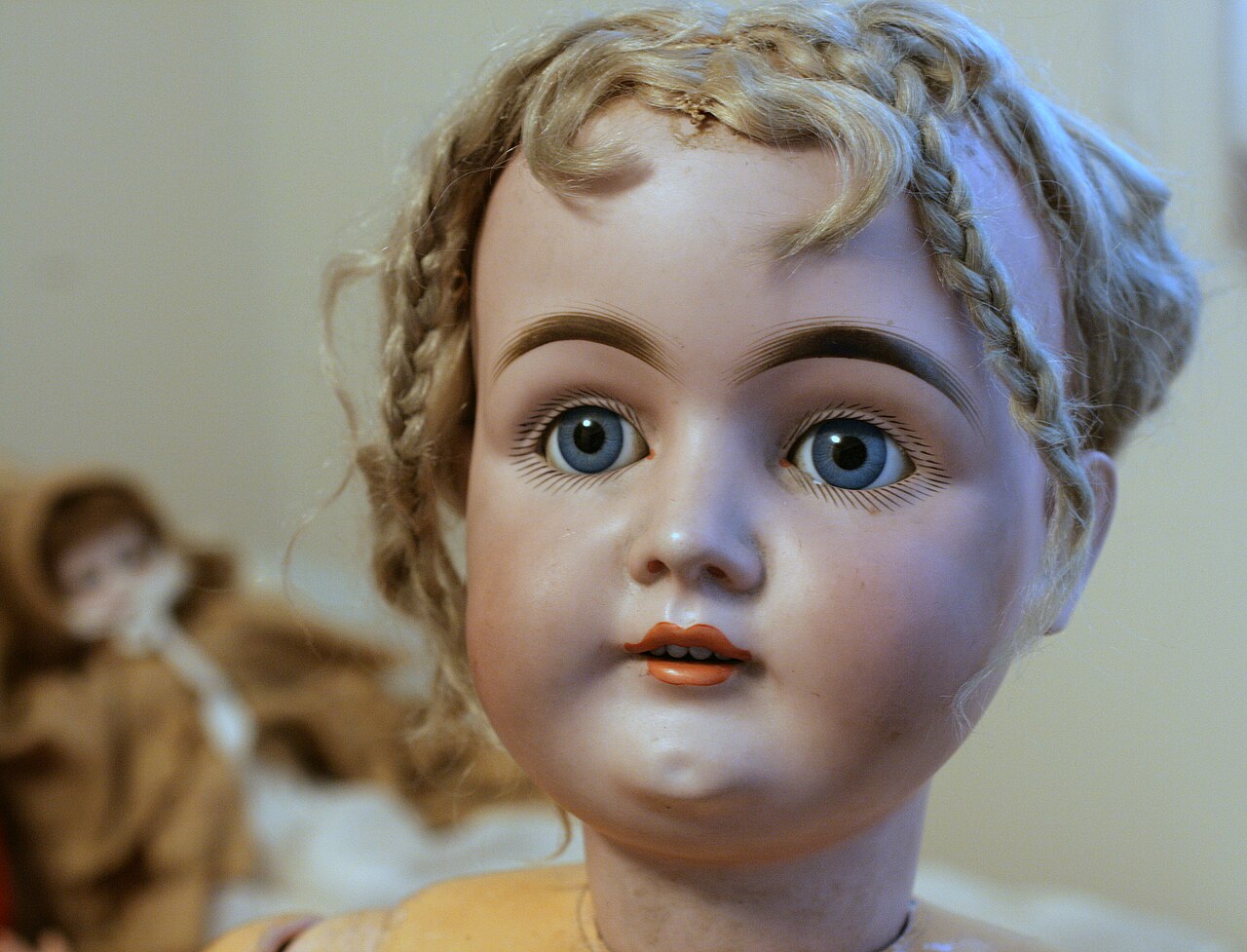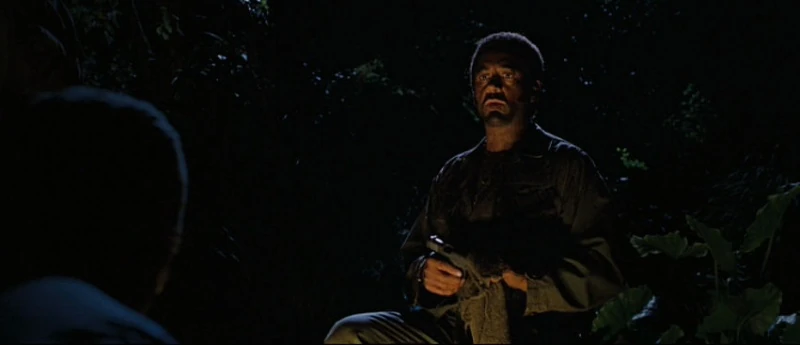 |
| https://en.wikipedia.org/wiki/A_Charlie_Brown_Christmas |
One of my favorite "poverty stories" from my mom centered around my Norman Irish/French-Swiss (from Alsace-Lorraine) grandfather's Christmas Eve tippling. He "slaved like an African" as he used to say, underneath the ground in New York City's dirtiest environments, just to make sure other families were provided for, even while he worked to make up the difference to his own, as is customary among first generation immigrant families establishing a strong foothold in a new land, which is exactly what my ancestors have always done. I've always taken an enormous amount of pride from my previous generations accomplishments, and this charming lapse in my grandfather's customary tight rein upon his family freed me more than he could guess, though I suspect he knew the outlets that I needed, because he needed them, too. After all, he raised my mother.
You see, parents of seriously disordered family members (and children made parents before their time) need an extraordinary amount of strength to break through the addictions, compulsions, tics, and nervous disorders of the people they care for, in order to provide for them, but that doesn't mean they always appreciate it. My mom regularly panics when she's confronted with the severity of her illnesses, threatening the most serious hurt and abuses she feels she can deliver upon the heads of the very people who care for her the most. Like every high-performing person before me, the stress of caring for the sick and infirm is an extreme life condition to bear up under, one that's greatly relieved at times by the tempered mellowness of a good stiff drink, and an Irish one at that.
My grandfather kept a good bottle of strong Irish whiskey on hand at our house at all times, for those times when he needed relief from the very people who were most dependent upon him at the time of my growing up, which was my youngest aunt and grandmother. I always felt an enormous amount of empathy towards him, as he taught us in our home about the merits of a great crystal glass (also an Irish tradition), and the grace of a "good pour" to deliver the optimal amount of pleasure from a single glass of excellently-brewed malt savored in a hard-won peace, safely apart as we were at those times from the more wild extremes of our extended family. People like us, who are always in charge under penalty of death or serious hurt to a loved one for our slight lapses in their consistent care, learned early on to cherish the finer things in life like those that simple, well-done crafts provide for us.
It was no different for me. When I was forced by economic brutalities visited upon me through a careful network of systems I didn't design (hence the corrupt injustice of it all) to live with my mother for a time,
I drained every drop of alcohol in her place. Even my mom's Italian relatives who have no real stomach or palate for drink took part in a relieving glass in the evening, needed as it was after a grueling day in the life of Diane. I found a stash of plastic-bottled whiskey my brother hid in the back of her pantry many years ago (and drained it dry with my mom's visiting cousin from Texas who always stays for free on her couch), an old weird bottle of homemade strawberry wine brought over years ago by an equally weird friend of hers (and never touched, because my mom and her siblings trained each other to covertly hide their compulsive addictions behind more superficially acceptable forms of release, like shopping and eating), and any other booze I could find, because life with the seriously sick is one hell of a ride.
So when my mom complained her faint little baby complaints about my grandfather's evening tippling bought with the scant extra he had leftover from a holiday paycheck that was spent all year in the planning of its expense carefully (just like I do, with every penny accounted for correctly in my tight household), doled out as it was among her and her siblings first, because they whined so much about this mythical "deprivation" of theirs that they suffered with, I admired the restraint and the courage that it took to channel all of his energy towards moving this family forward, even if it skipped a generation or two. So what if he got drunk off his holiday pay? What did any of them do around him (except for my loving grandmother) but bitch and moan about their phantom complaints brought on by the delusions of their own fevered minds, distorted as they were about his true priorities that were sound (in me), and have withstood the test of time.
So what if he only had enough leftover to buy the last Christmas tree on the lot, and often a small sparse one at that? When my mom and me and my middle brother recovered enough financially to become a family unit again, one of our first acts as a newly divorced family was to fly as a group to visit my violently out-of-place New York brother adrift in the blandly white Midwest, to celebrate Christmas together again as a family. We giggled as we gathered around his little apartment tree, happily surprised and pleased with ourselves for pulling off the impossible by becoming a family again, against all the odds in every book there is. That's what I think about when I think about my Christmases past: how incredibly lucky and blessed I am to be alive and with you all, in this miraculous century of miracles and light.
Merry Christmas to you, in 2015. See you soon.









